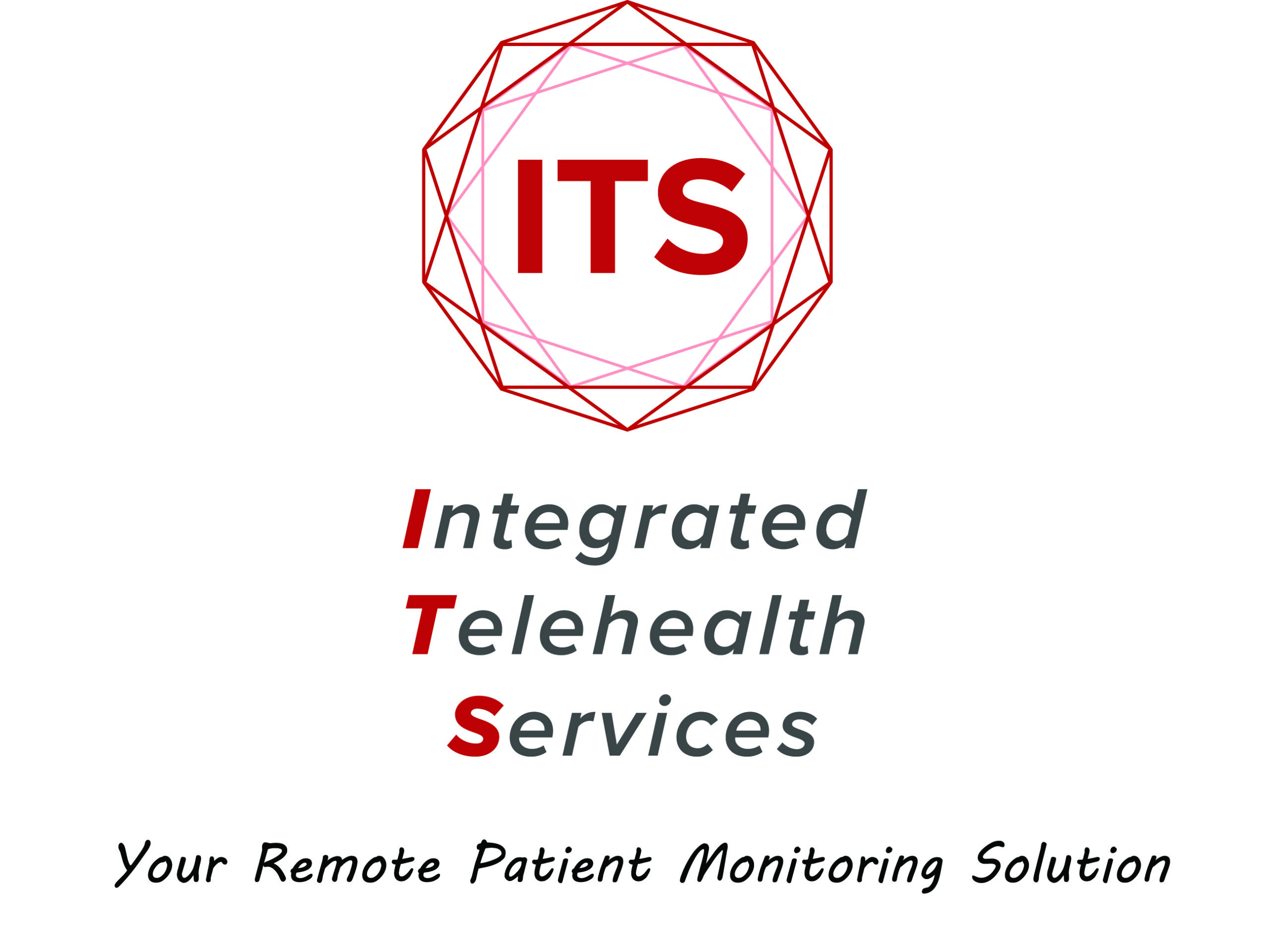RPM Can Reduce the Cost of Healthcare
Remote Patient Monitoring can assist in decreasing the cost of healthcare. Remote Patient Monitoring allows healthcare providers to monitor patients’ health conditions from a distance, reducing the need for in-person visits, and consequently, reducing healthcare costs.
Behavioral Health Integration Can Decrease Hospitalizations and Pressure on Emergency Rooms
Behavioral Health Integration, on the other hand, addresses mental health and substance use disorders, which can often lead to costly hospitalizations and emergency room visits. By integrating behavioral health into primary care, patients can receive timely and convenient care, which can prevent costly complications in the future.
Patient Access to Healthy Food, Shelter and Employment is Also Key
Moreover, by identifying and addressing Social Determinants of Health, healthcare providers can prevent chronic illnesses and improve overall health outcomes, leading to reduced healthcare costs. Addressing SDOH such as access to healthy food, safe housing, and employment opportunities can have a significant impact on a patient’s health and well-being, leading to fewer hospitalizations and emergency room visits.
RPM + BHI + SDOH are a Powerful Combination
Therefore, RPM, BHI, and SDOH can work together to provide more efficient and cost-effective healthcare services, ultimately improving the health of patients and reducing the burden on the healthcare system.

